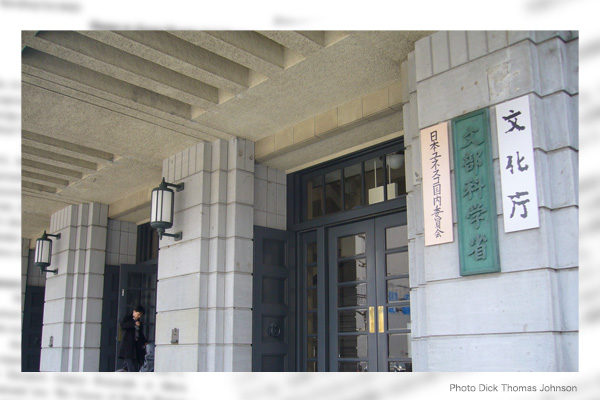The Japanese government has requested the Tokyo District Court to order the dissolution of the former Unification Church. In this column dated October 31, 2022, I as an evangelical Christian wrote: “I am horrified by the ongoing responses of the Japanese government and National Diet to the Unification Church issue… This is because many measures that had been viewed as unforgivable under the constitutional principle of religious freedom are now interpreted as forgivable.” The horror has grown stronger. In particular, I was horrified that the Religious Juridical Persons Council, which includes Christianity, Buddhism, Shinto, and other religious leaders, unanimously voted in favor of the request for the dissolution.
Kangaroo court against a religious group
As for the reason for requesting the dissolution order, the Ministry of Education, Culture, Sports, Science, and Technology has argued that the Unification Church has committed not only an act which is clearly recognized as seriously harming the public welfare in violation of laws and regulations (Article 81, Paragraph 1, Item 1 of the Religious Corporations Act) but also an act which deviates substantially from the purpose of a religious organization (Item 2). This argument is like a death sentence for a religious group.
In October last year, Prime Minister Fumio Kishida abruptly reversed his earlier statement in the Diet that the term “law” in “violation of laws” only referred to the Criminal Code, and said the Civil Code was also included. Then, he instructed the ministry to exercise its right to question the Unification Church with an eye on a dissolution request.
Here, a big question occurred to me: Why now? When the Unification Church became a major social problem in the past, the government reiterated that a dissolution order should not be requested. In 2012, lawyers for Unification Church problems filed a lawsuit claiming that the ministry illegally chose not to seek a court order for the dissolution of the Unification Church. In 2017, however, the Tokyo District Court dismissed the compensation claim on the ground that the choice was within the discretion of the executive.
In addition, the ministry has not requested a dissolution order even against any of three religious organizations that have committed the Criminal Code felonies of mass lynching and murder.
I repeat: Why did the ministry request the court order now? Have any new cases of harm that are unforgivable for anyone been discovered? No. When the Nara Prefectural Police leaked information that a terrorist who shot former Prime Minister Shinzo Abe to death held a grudge against the Unification Church, the media began to bash the Unification Church and criticized the ruling Liberal Democratic Party for its alleged connections with the religious organization, causing approval ratings for the Kishida administration to decline. This may have triggered the request for the dissolution order. If so, this is a kangaroo court against a religious group, isn’t it?
Religious freedom being violated
Newspapers such as the Asahi Shimbun and Tokyo Shimbun have stepped up their attacks on the government and the ruling LDP, writing in editorials that former Prime Minister Abe was an advertising tower for the Unification Church and that one of the reasons why the Unification Church has maintained its legal personality despite repeated accusations was its strong ties with the conservative wing of the LDP. However, even religious organizations have freedom of political activity. Why doesn’t the LDP refute the misplaced criticism?
Now, the religious freedom of the Unification Church and its followers is being greatly violated. Nevertheless, other religious groups that could become targets of attack in the future have mostly failed to call for protecting religious freedom. I feel a strong sense of crisis.
Tsutomu Nishioka is a senior fellow and a Planning Committee member at the Japan Institute for National Fundamentals and a specially-appointed professor at Reitaku University.


